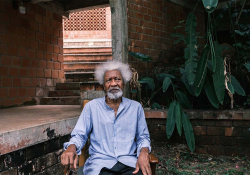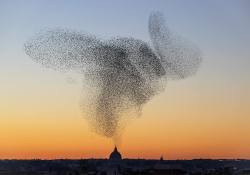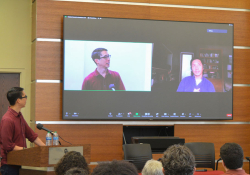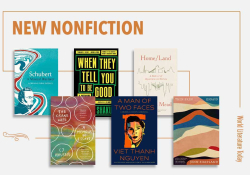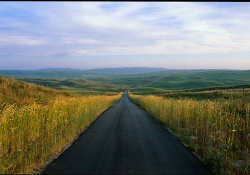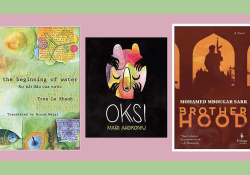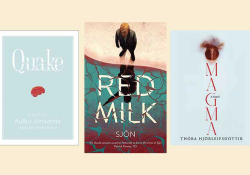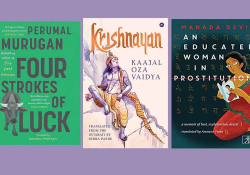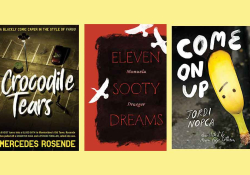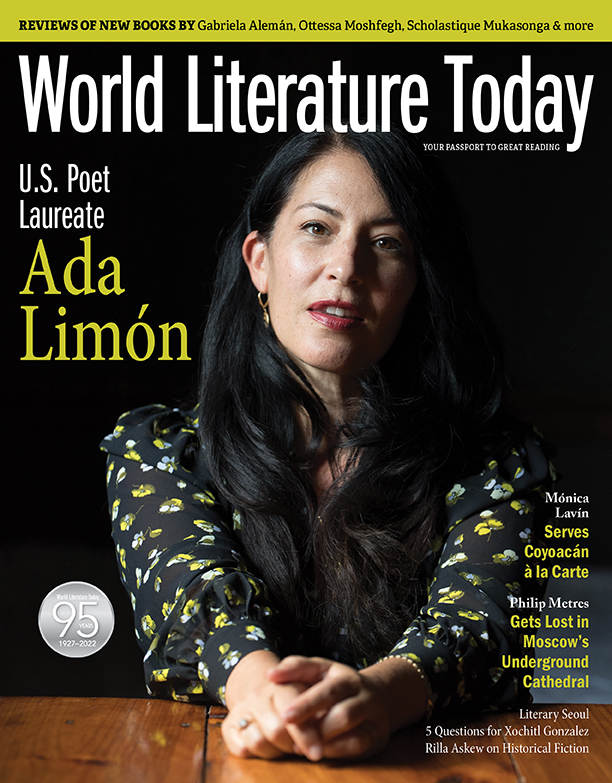Making the Old New
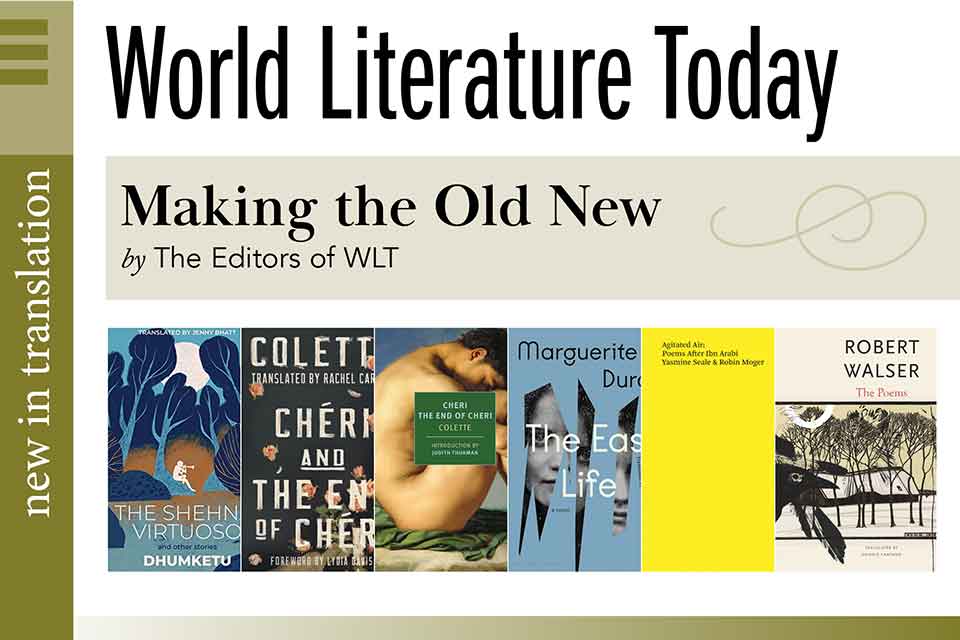
Dhumketu
The Shenai Virtuoso: And Other Stories
Trans. Jenny Bhatt
Deep Vellum
DEEP VELLUM PUBLISHED this first substantial collection of Dhumketu’s (1892–1965) work available in English in July. Jenny Bhatt translated from the Gujarati. These twenty-six stories include at least one drawn from each of Dhumketu’s twenty-four collections.
Colette
Chéri and The End of Chéri
Trans. Rachel Careau
W. W. Norton
Chéri and The End of Chéri
Trans. Paul Eprile
NYRB
MORE THAN A century after her first publication, Colette is having quite a year, with at least two new translations, both of Chéri (1920) and its sequel, The End of Chéri (1926). A new translation by Rachel Careau was published in May by W. W. Norton and includes a foreword by Lydia Davis. In November, New York Review Books is releasing Paul Eprile’s new translation, with a foreword by Judith Thurman.
Marguerite Duras
The Easy Life
Trans. Emma Ramadan & Olivia Baes
Bloomsbury
ALSO FROM FRANCE, Bloomsbury will publish Marguerite Duras’s tale of a young woman’s existential breakdown in December. This first English translation of the novel is by Emma Ramadan and Olivia Baes. Kate Zambreno provides a foreword. Duras is well known for her 1984 Prix Goncourt–winning novel, The Lover.
Yasmine Seale & Robin Moger
Agitated Air / Poems after Ibn Arabi
Ed. Yasmine Seale, Robin Moger & Dominic Jaeckle
Tenement
EXCHANGING TRANSLATIONS and then rewriting in response to what they receive, Yasmine Seale and Robin Moger engaged in this correspondence in poems first written by Muslim philosopher and poet Ibn Arabi (1164–1240). The book, published in February, includes the original Arabic poems and a series of translations and retranslations resulting from this collaborative process.
Robert Walser
The Poems
Trans. Daniele Pantano
Seagull
OCTOBER BROUGHT SEAGULL’S publication of the first collection of Swiss writer Robert Walser’s poems in English. Daniele Pantano translates from the German. The book includes notes on dates of composition, draft versions, and brief biographical information on characters and locations that may not be known to readers. “As an antidote to the crassness of mainstream culture, Walser is, in fact, the perfect writer for our times, and since the nineteen-eighties he’s experienced a slow resuscitation,” Mary Hawthorne wrote in the New Yorker in 2012. The resuscitation continues.
